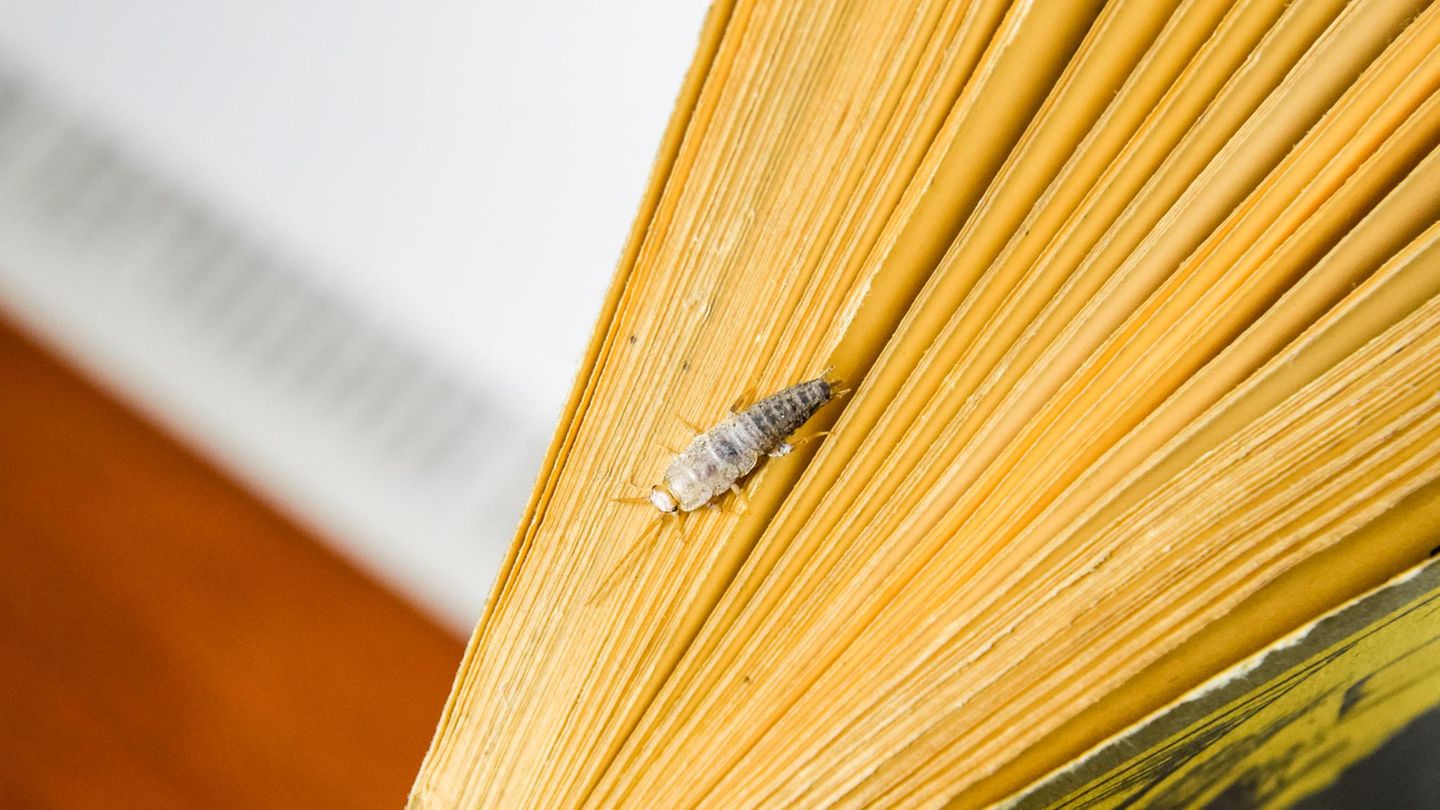There has recently been a lot of criticism for the unclear position of the largest governing party on Russia and Ukraine – the ex-party leaders in particular made the headlines. Now the SPD leadership wants to advise.
At the invitation of SPD leader Lars Klingbeil, leading party politicians are meeting on Monday for confidential consultations on the Ukraine crisis.
In an interview for the ZDF program “Berlin direct”, Klingbeil spoke of a “routine meeting” in which representatives from the party, parliamentary group and government took part. The main question will be how a war in the middle of Europe can be averted. Subsequent public information about the course or results of the deliberations is not planned.
The federal government led by the SPD has come under increasing international criticism in recent days for its actions in the Ukraine crisis. Germany is accused of not putting enough pressure on Russia during the crisis. Chancellor Olaf Scholz (SPD) had hesitated for a long time before he put the controversial Nord Stream 2 gas pipeline on the table as a sanctions instrument in the event of a Russian invasion of Ukraine – and that only in a cryptic way.
Criticism from the ex-party leaders
At the same time, unlike other allies, he clearly rejected the delivery of lethal weapons to Ukraine. This has been criticized by Ukraine, but also by countries like Poland and the Baltic States. In the USA, the question is also being raised as to whether Germany is still a reliable partner.
A week ago, the SPD presidium stood behind Chancellor Scholz’s line at a closed meeting. Former SPD chairmen Gerhard Schröder and Sigmar Gabriel – both of whom are no longer active in party politics – have, however, distanced themselves from the party line. Klingbeil had said on the ZDF program “Berlin direct”: “We are happy to take advice and it is also completely okay if others get involved in the debate. But those who are responsible for the party are clear and unequivocal.”
From Estonia there are new demands on Germany to help Ukraine. «We encourage our German partners to listen to the Ukrainians. Ukraine asked for help. The country needs help in its self-defense against the aggressor,” said Estonian Prime Minister Kaja Kallas of the “Bild”. Estonia wants to give Ukraine nine howitzers from old GDR stocks – but the NATO member has undertaken to obtain Germany’s consent before passing them on to third parties.
UN Security Council meets
The future chairman of the Munich Security Conference, Christoph Heusgen, called on the EU and the NATO countries to stick together. He told the “Rheinische Post” and the Bonn “General-Anzeiger”: “Unity is a powerful way to impress Russia. Putin’s method was and is always trying to create divisions: between Europe and the USA and within the European Union. That’s why the states of NATO and the EU have to stand together.”
Heusgen said that diplomacy is now showing its first successes. “Slightly less aggressive tones come from Russia. But the danger is not over yet.” Russian President Vladimir Putin has not yet withdrawn his more than 100,000 soldiers from the border with Ukraine. “This aggression is targeted and it is wanted.”
The tensions at the border concern the UN Security Council for the first time on Monday (from 4:00 p.m. CET). The US put the issue on the agenda last week after informal talks with other Council nations and Ukraine.
Source: Stern
David William is a talented author who has made a name for himself in the world of writing. He is a professional author who writes on a wide range of topics, from general interest to opinion news. David is currently working as a writer at 24 hours worlds where he brings his unique perspective and in-depth research to his articles, making them both informative and engaging.



